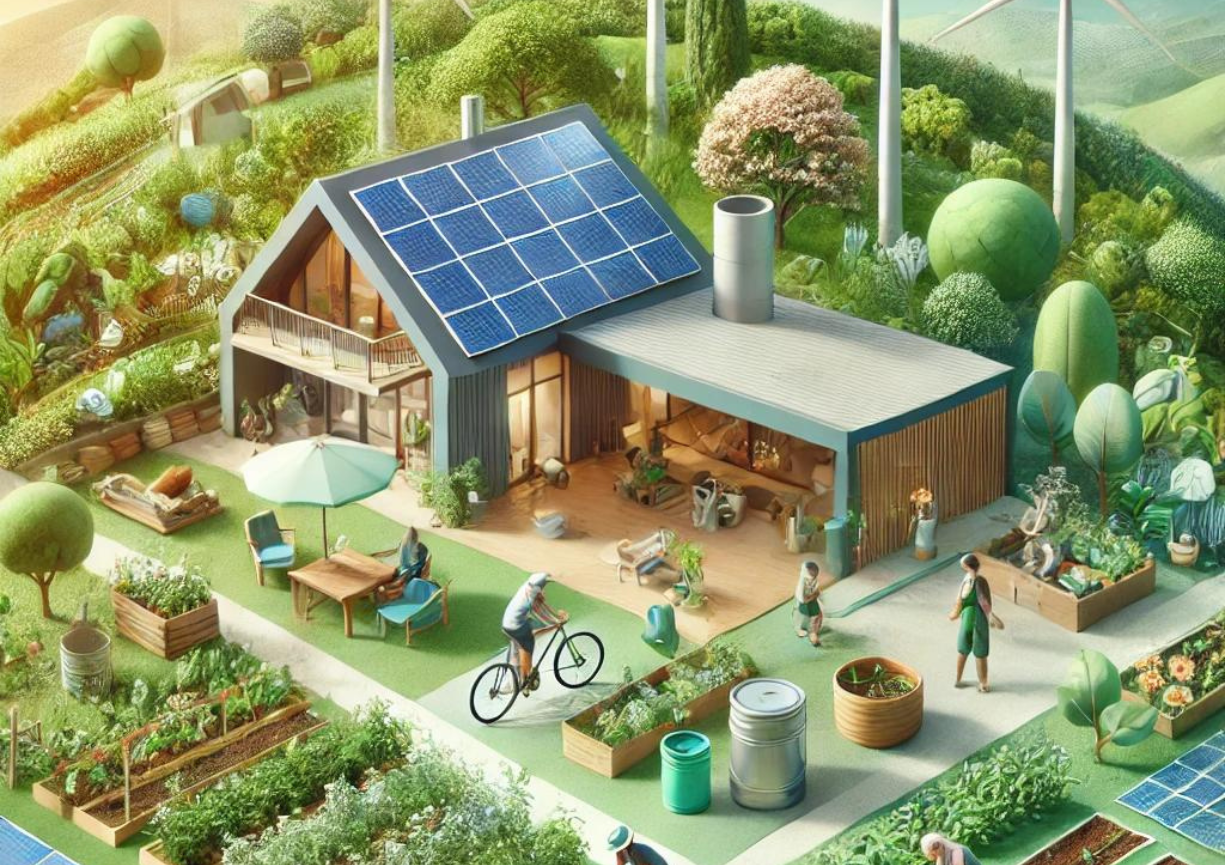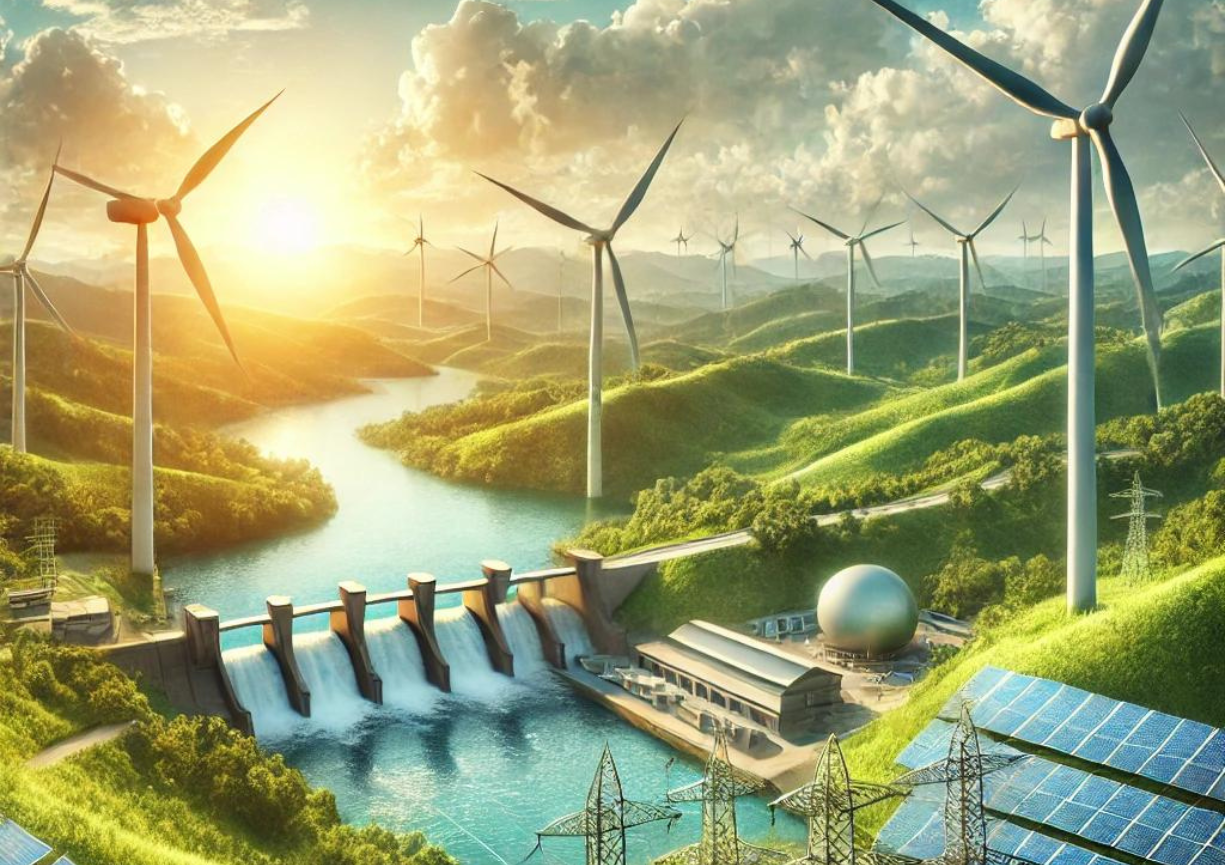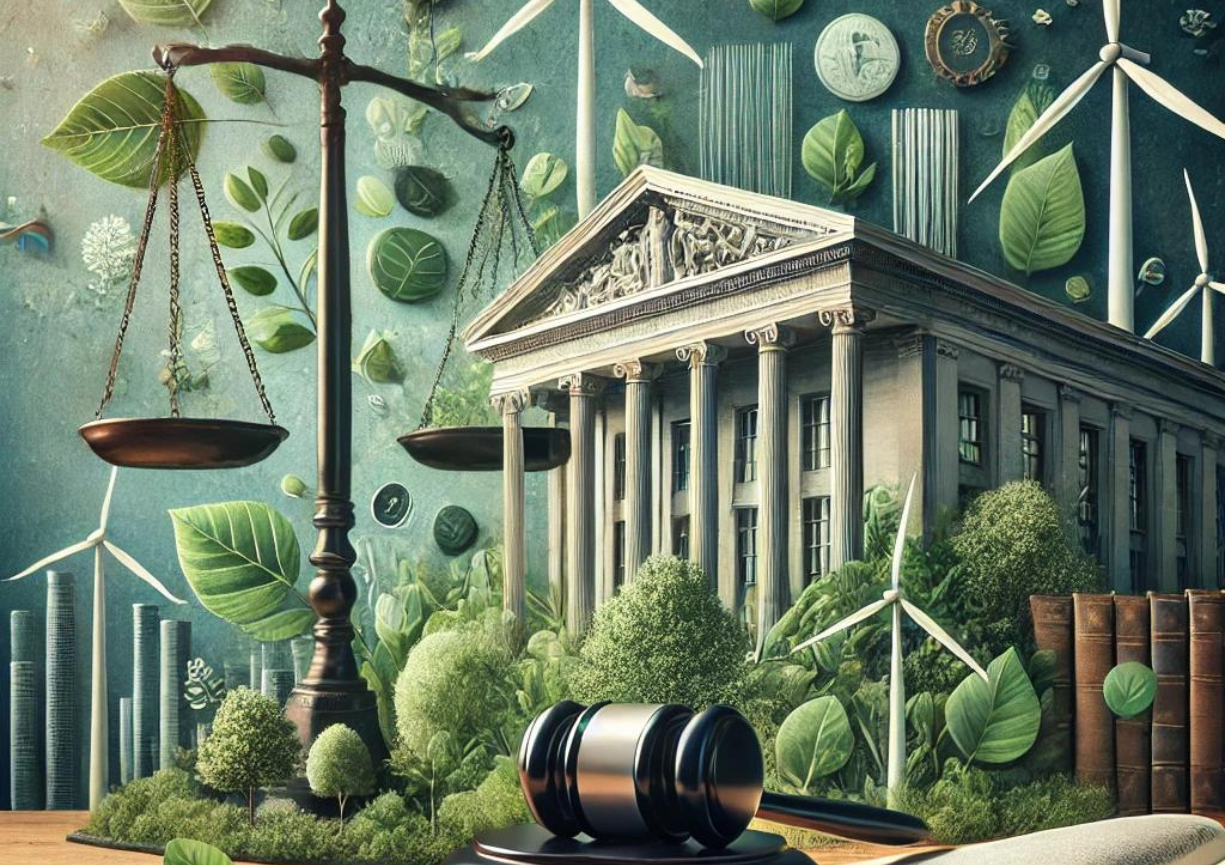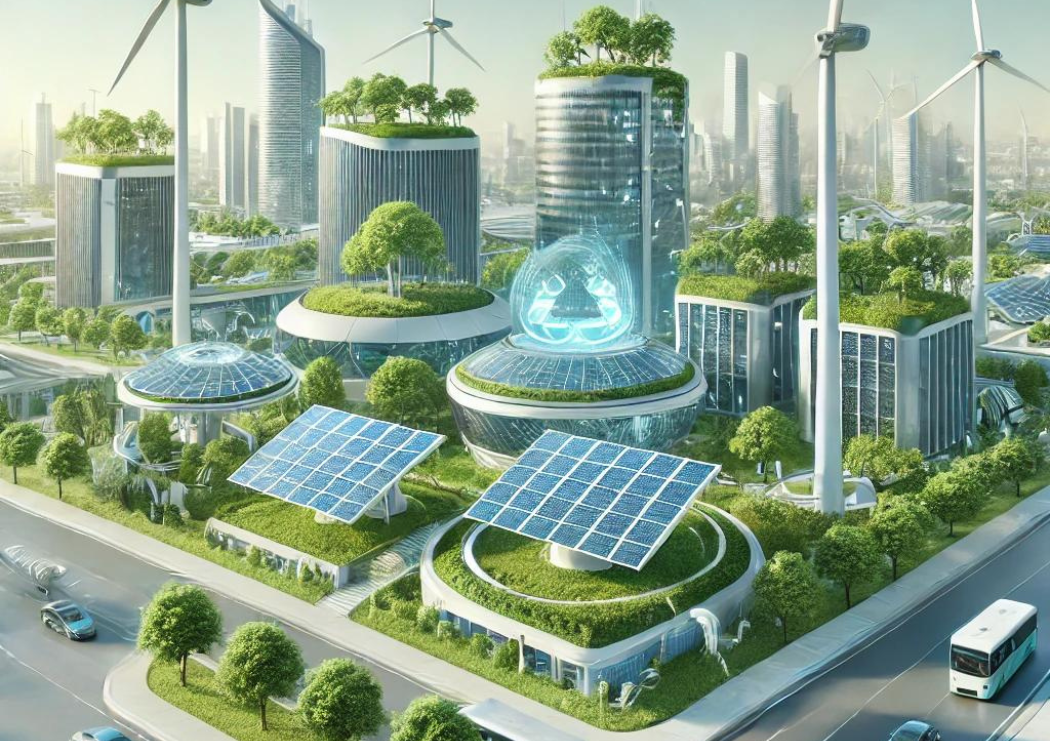Renewable Energy: Powering a Sustainable Future
Pinned
Renewable energy refers to energy generated from natural sources that are replenished constantly, such as sunlight, wind, rain, tides, and geothermal heat. These energy sources are considered sustainable because they don't run out and have a lower environmental impact compared to fossil fuels.

Solar power harnesses sunlight through solar panels to generate electricity or heat. It’s one of the most abundant renewable energy sources.

Wind turbines convert wind into electricity. Wind energy is one of the fastest-growing sources of clean energy globally.

Hydroelectric power generates electricity from the flow of water in rivers or dams. It’s a widely used and consistent source of renewable energy.

Geothermal power taps into heat from the Earth’s core to generate electricity and provide heating.

Biomass energy comes from organic materials such as wood, agricultural crops, and waste. It’s used for heating, electricity generation, and biofuels.
Renewable energy plays a critical role in reducing carbon emissions and combating climate change. It provides a cleaner alternative to fossil fuels like coal, oil, and gas, which release large amounts of greenhouse gases. By switching to renewable energy, we can reduce pollution, protect ecosystems, and promote energy independence.
Renewable energy produces little to no greenhouse gases.
These energy sources are replenished naturally and won’t run out.
The renewable energy sector is a growing industry, providing jobs in manufacturing, installation, and maintenance.
By using local renewable resources, countries can reduce their reliance on imported fossil fuels.
Setting up renewable energy systems, like solar panels or wind turbines, can be expensive.
Some renewable sources, such as solar and wind, are not always available, requiring backup systems or energy storage.
Renewable energy is essential for creating a sustainable future. By transitioning away from fossil fuels and embracing renewable energy sources, we can reduce our environmental impact, mitigate climate change, and build a cleaner, greener world.
Comments
What about the environmental damage that occurs to produce solar panels and wind turbines? Wind turbines damage ecosystems where they stand. Both forms of renewable energy produce a lot of e-waste that is difficult and expensive to recycle. How can we overcome these drawbacks of renewable energy?
Hello Angie
While solar panels and wind turbines have environmental impacts, advancements in recycling technology, eco-friendly materials, and responsible siting are helping reduce these issues. Improving durability and embracing circular economy practices also minimize waste. With continued innovation, we can address these challenges and make renewable energy more sustainable.







Leave a comment